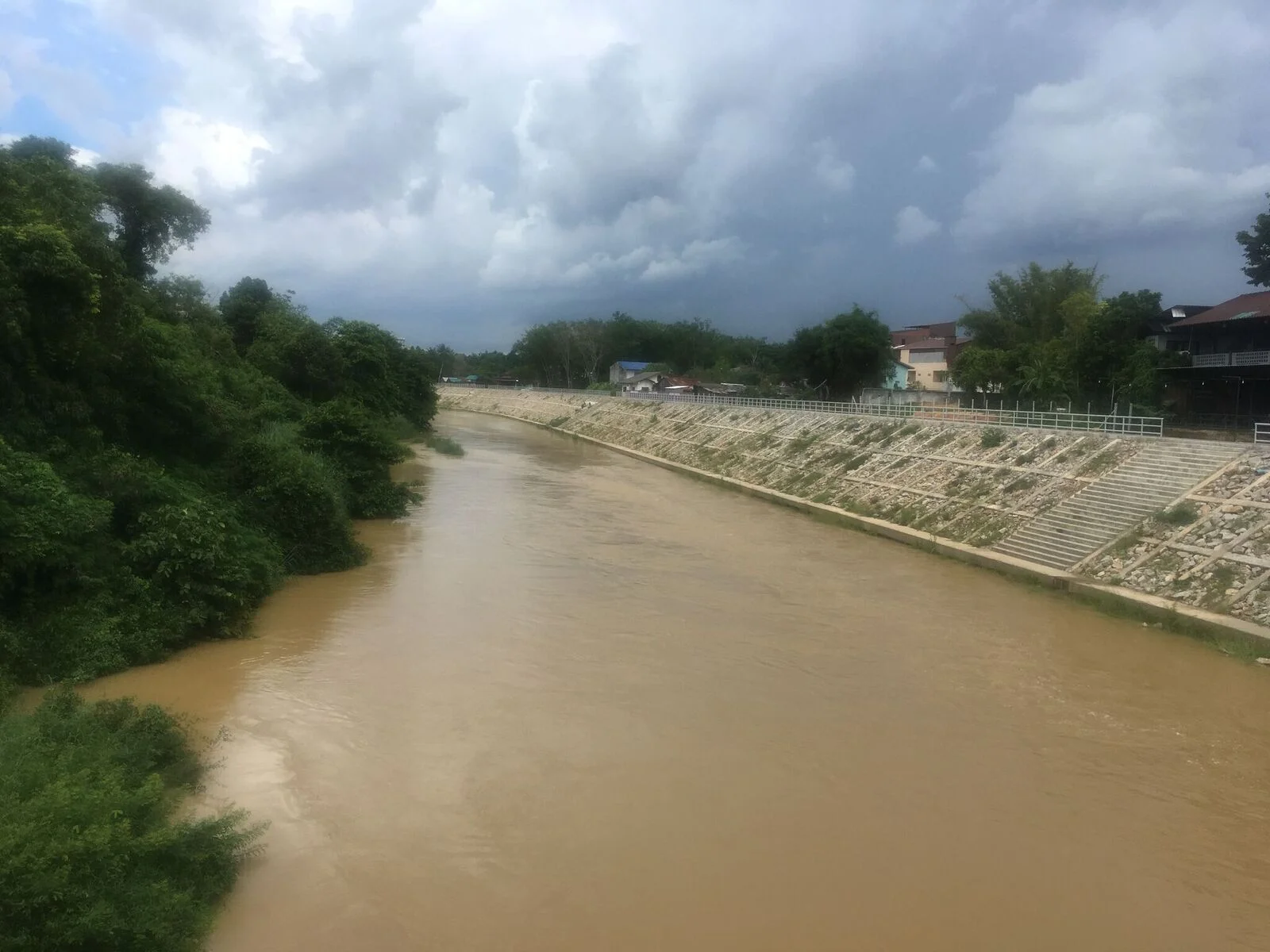As disaster preparedness and response receives growing attention, this research examines through a human rights lens whether the 'Hat Yai model' offers new insights and strategies.
Publications
Book Chapter: Carl Middleton and Orapan Pratomlek (2020)
Further Information
See project announcement here
Further details on Raoul Wallenberg Institute website here
See our past project “Mobile Political Ecologies of Southeast Asia” page here
Contact
Contact Dr. Carl Middleton for further details.
Project Status: Complete
Hat Yai City in Songkhla Province in the South of Thailand has regularly experienced flooding. Each major flood most recently in 1988, 2000 and 2010, has caused loss of life, as well as significant disruption to people’s lives and economic damage. During both annual flooding and major floods, displacement has occurred within the city as flooding affected peoples’ homes.
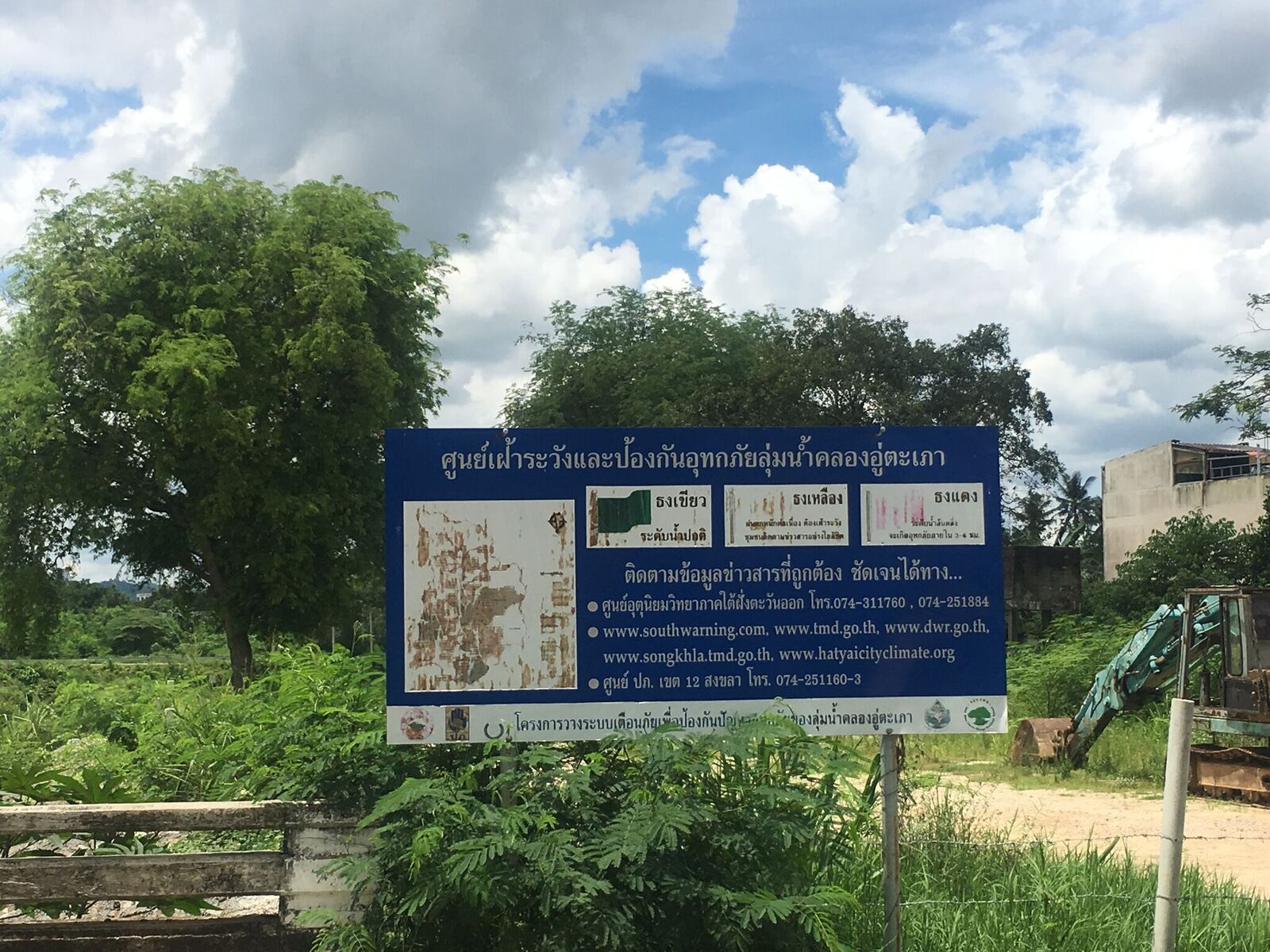
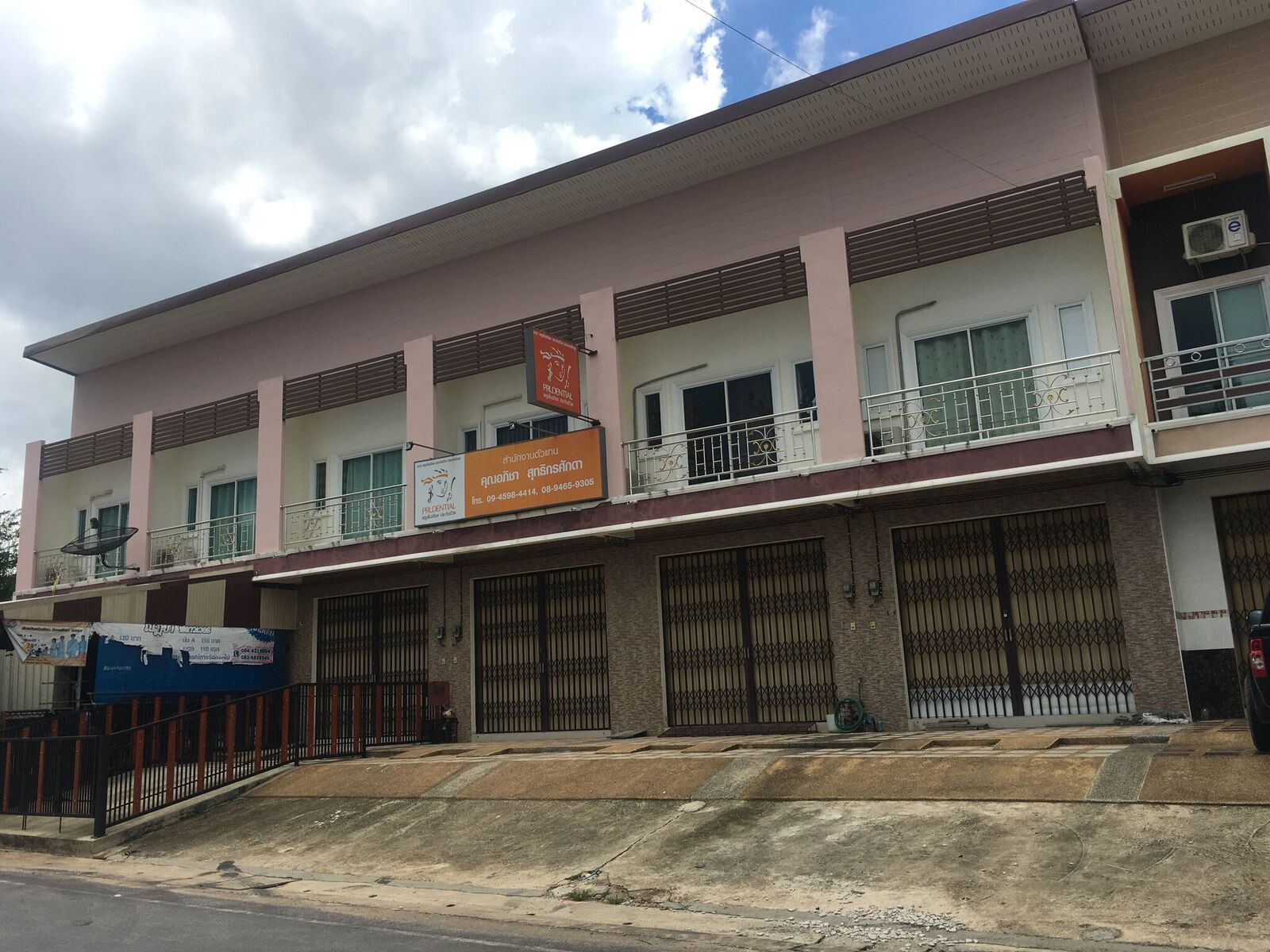
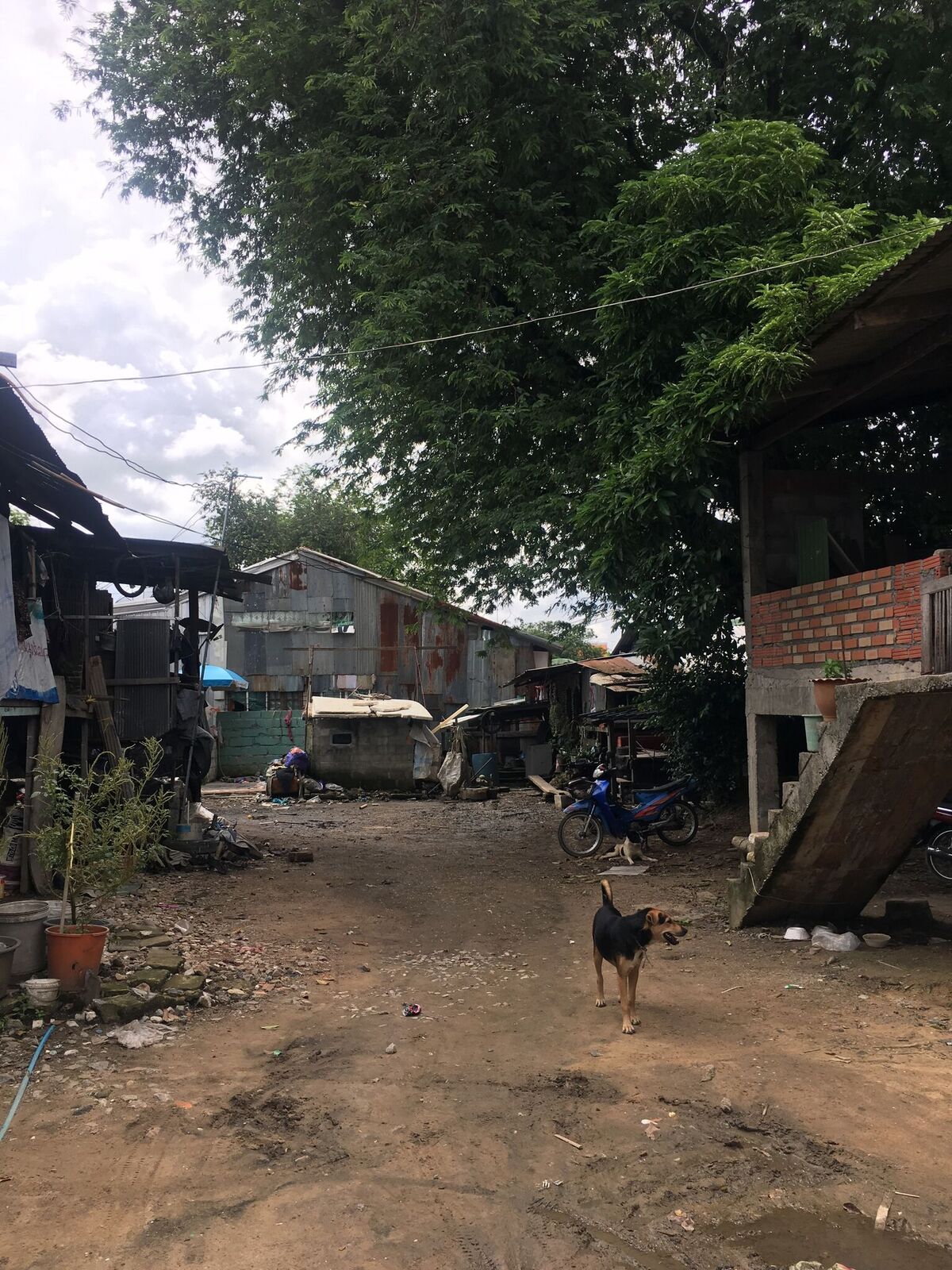
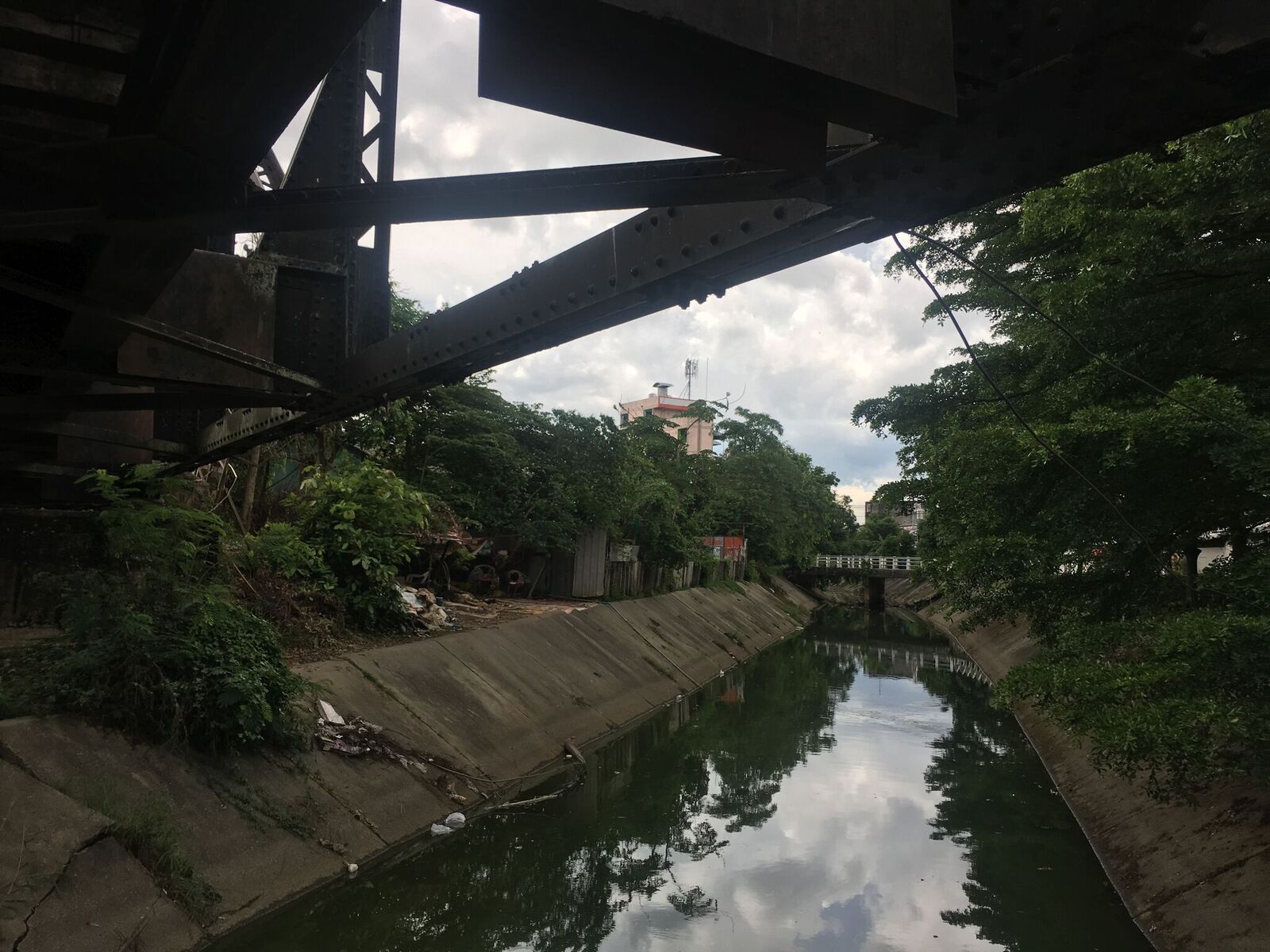
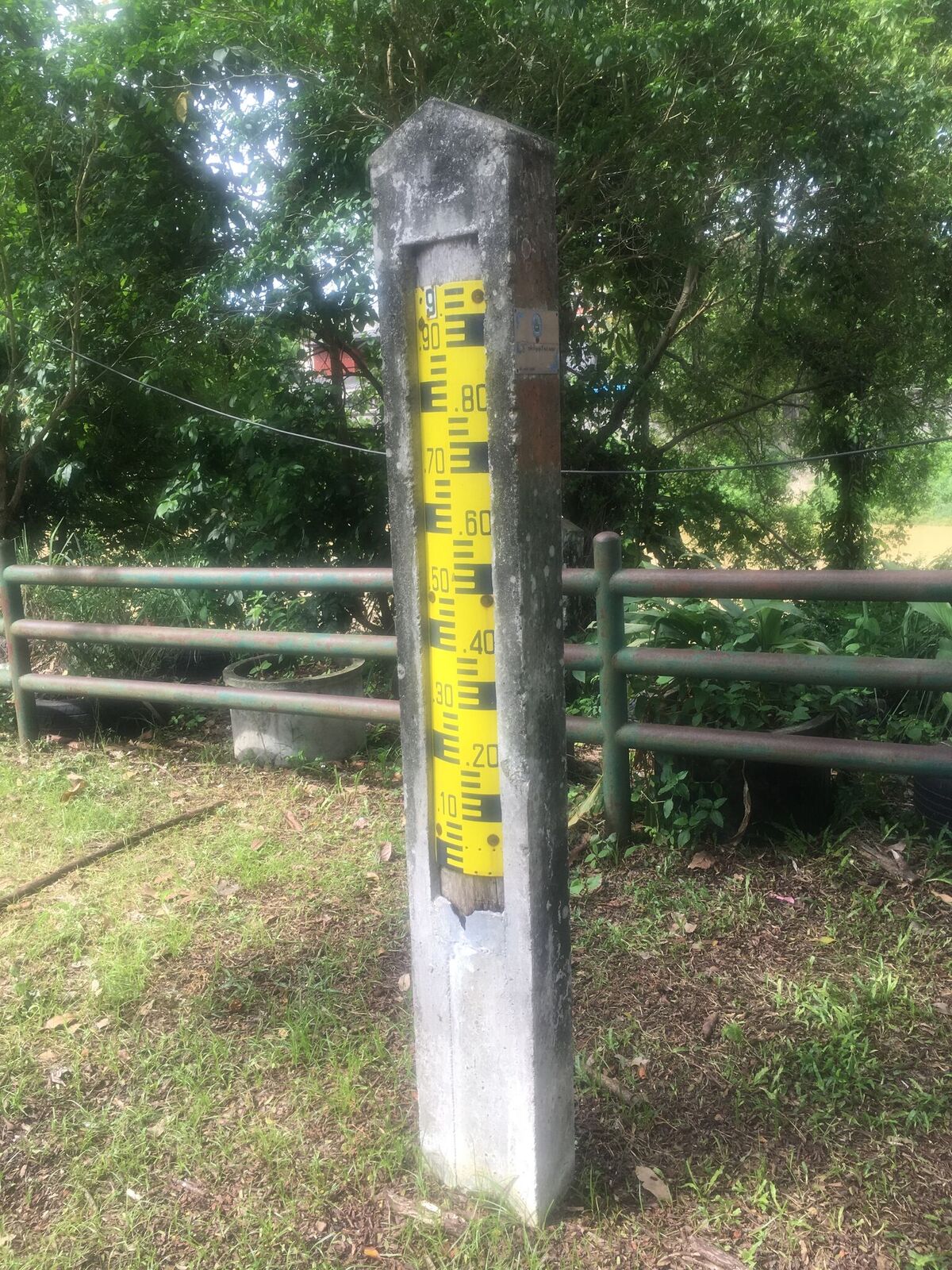
The government’s response has evolved over time, as has its capacity to respond. Major floods in 1988 and 2000 floods led to investment in hard infrastructure, such as canals and embankments. However, another major flood in 2010 led to the realization that this response was insufficient. This elicited an award-winning effort to develop ‘soft infrastructure’ in the form of improved flood warning, and the strengthening of local government, community, civil society and local business capacity and collaboration to live with floods over the several days that they occur.
As the ‘Hat Yai model’ is now being scaled-up across the wider basin and beyond, our research addresses the following questions:
What types of flooding disaster occur in Hat Yai? How have these events changed over the past 20 years and why?
To what extent do people get displaced by these events and what are the impacts during flooding and recovery? Are some people more vulnerable to displacement by flooding than others? Why?
How does law and policy contribute to the protection of persons from and during displacement?
This research is part of a ten-country study in the Asia Pacific, led and coordinated by the Raoul Wallenberg Institute, on a range of types of disaster and displacement scenarios through a human rights lens. The research is informed by the UN Office of the High Commissioner on Human Rights' Guiding Principles on Internal Displacement and will examine how state actors fulfill their obligations to prevent displacement, protect people during displacement, and facilitate durable solutions in the aftermath. It is intended to offer recommendations on future policy and implementation across the region.

